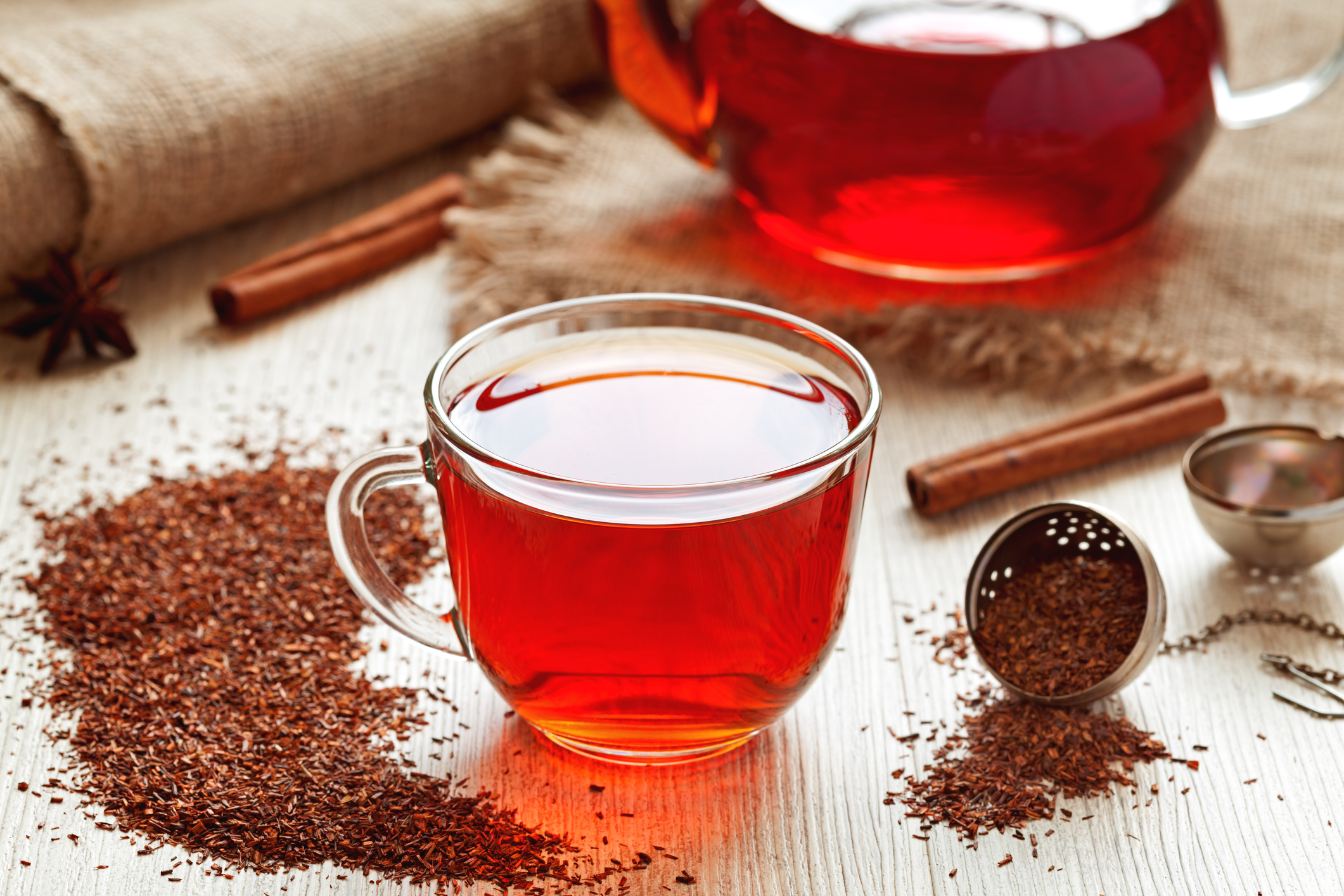Bored of builder’s tea? Try these herbal alternatives instead
From chamomile to echinacea, the possibilities for mixing up your morning brew are endless
Nothing beats a warm cup of tea, but if you’re working from home, and mainly in the house all day, you can end up chain drinking it to the point of liquid boredom.
So what do you do if the unthinkable happens and you get sick of your go-to brew? We’d recommend switching things up with a range of herbal teas, promising interesting new flavours and potential health benefits in every cup.
And regardless of the variety, herbal tea is a great way to drink more water and cut back on caffeine…
Chamomile tea
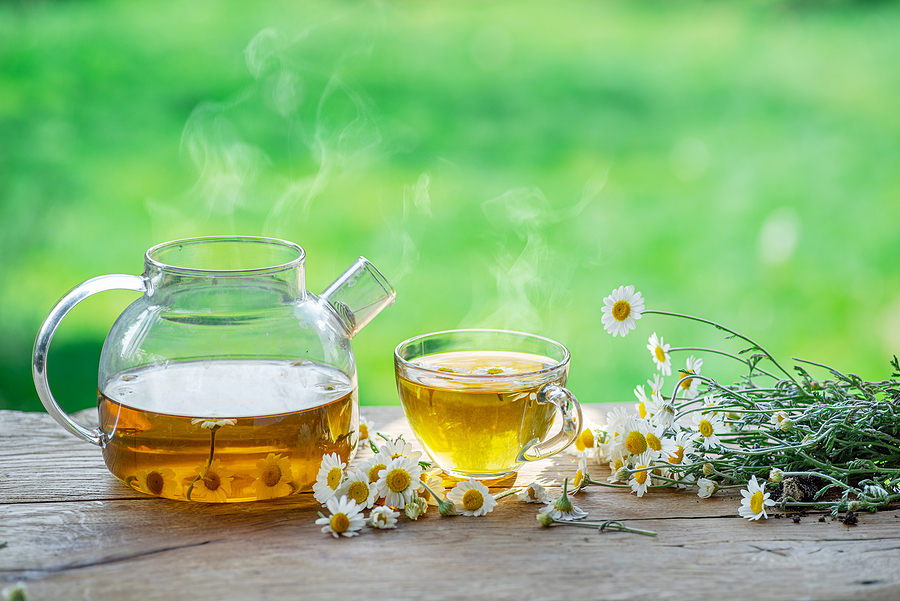
The ancient Egyptians loved chamomile, using the flowers to treat ailments and brewing the tea for colds.
Today it’s often drunk to help alleviate menstrual cramps. Studies suggest chamomile can help manage pain, but more research needs to be done. At the very least though, a warming cup of tea might have a placebo or calming effect, even if it doesn’t affect the actual period pains.
If you struggle with sleep, it could be worth drinking a cup of chamomile an hour or so before bedtime, as preliminary research suggests it can help with insomnia.
Peppermint tea
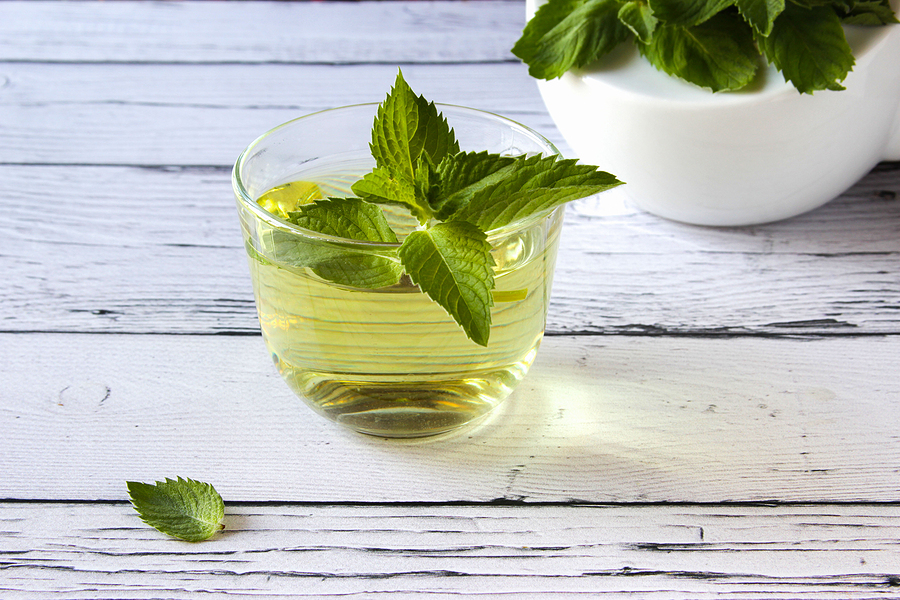
The NHS says peppermint oil can help ease bloating, cramps and wind – particularly if you suffer from irritable bowel syndrome – and drinking tea is an easy way of upping your peppermint intake.
If you find yourself drifting off at your desk, the sharp smell of a peppermint tea could help give you a boost and make you feel more alert. A 2009 study suggested peppermint – as well as cinnamon – could increase alertness and reduce frustration in drivers. At the very least, a cheeky peppermint tea is a great way to freshen up your breath.
Rooibos
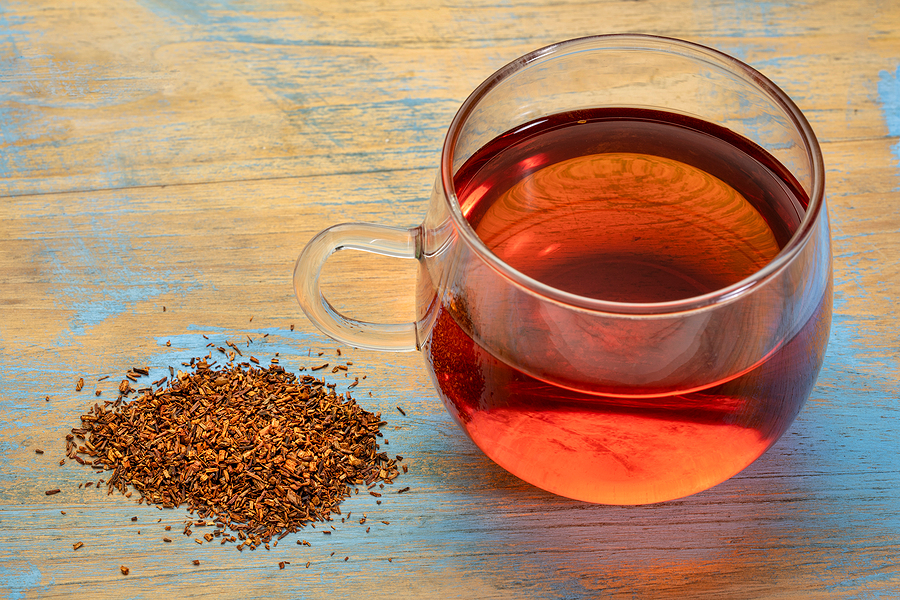
Pronounced ‘roy-boss’ and also known as red bush, this South African tea has a slightly sweet, woody taste. Plus it’s packed full of antioxidants.
It has been suggested rooibos tea can help soothe muscle cramps and diarrhoea. It also contains fewer tannins than a cup of green or black tea, which can allow the body to absorb more iron.
Echinacea
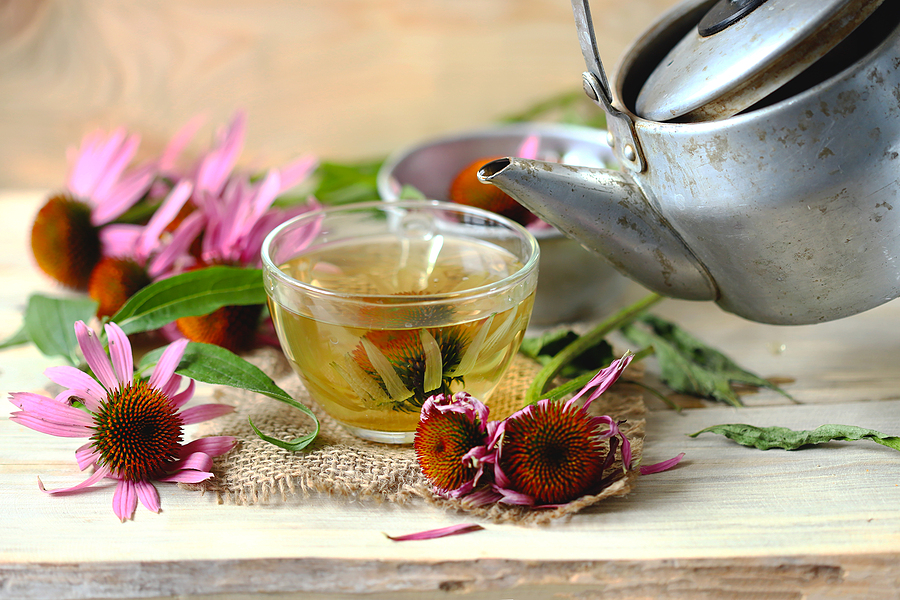
Echinacea tea has a distinctive tongue-tingling effect. As it’s quite a strong taste on its own, it’s often brewed with softer flavours like raspberry or elderberry.
Echinacea is loaded with antioxidants like flavonoids, which can help your body function more efficiently. Traditionally, echinacea tea has been used to fight colds – more research needs to be done to confirm this, but anecdotally, its botanical nature does feel fortifying.
Ginger tea
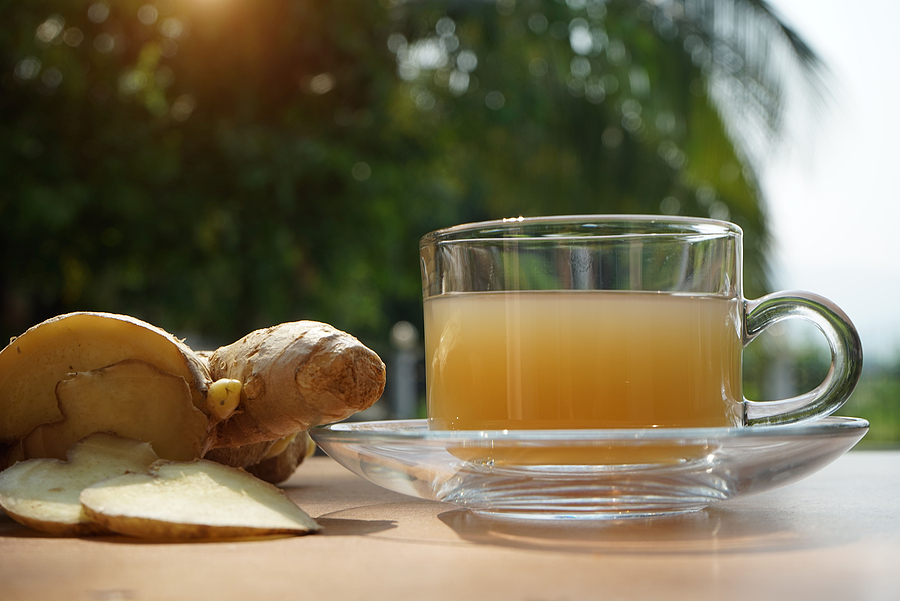
With a fiery, sharp taste, not everyone is a fan of ginger tea. However, if you do like some punch to your brew, you could reap some of the purported benefits of ginger.
It is suggested ginger can help ease nausea, and studies also associate it with a reduced risk of high blood pressure. If you’re not a fan of straight ginger, add lemon and honey to your cup, or go for teabags where the ginger is paired with another flavour.
The Press Association
Latest posts by The Press Association (see all)
- Unseen photo of William and Kate’s wedding released to mark 13 years of marriage - April 29, 2024
- The Tattooist Of Auschwitz author Heather Morris on why now is the perfect time for a TV adaptation - April 29, 2024
- Fried halloumi and chickpea rainbow salad - April 29, 2024
- William and Kate celebrate 13th wedding anniversary - April 29, 2024
- Dame Kelly Holmes: ‘Getting old is a privilege but ageing I don’t like’ - April 27, 2024








